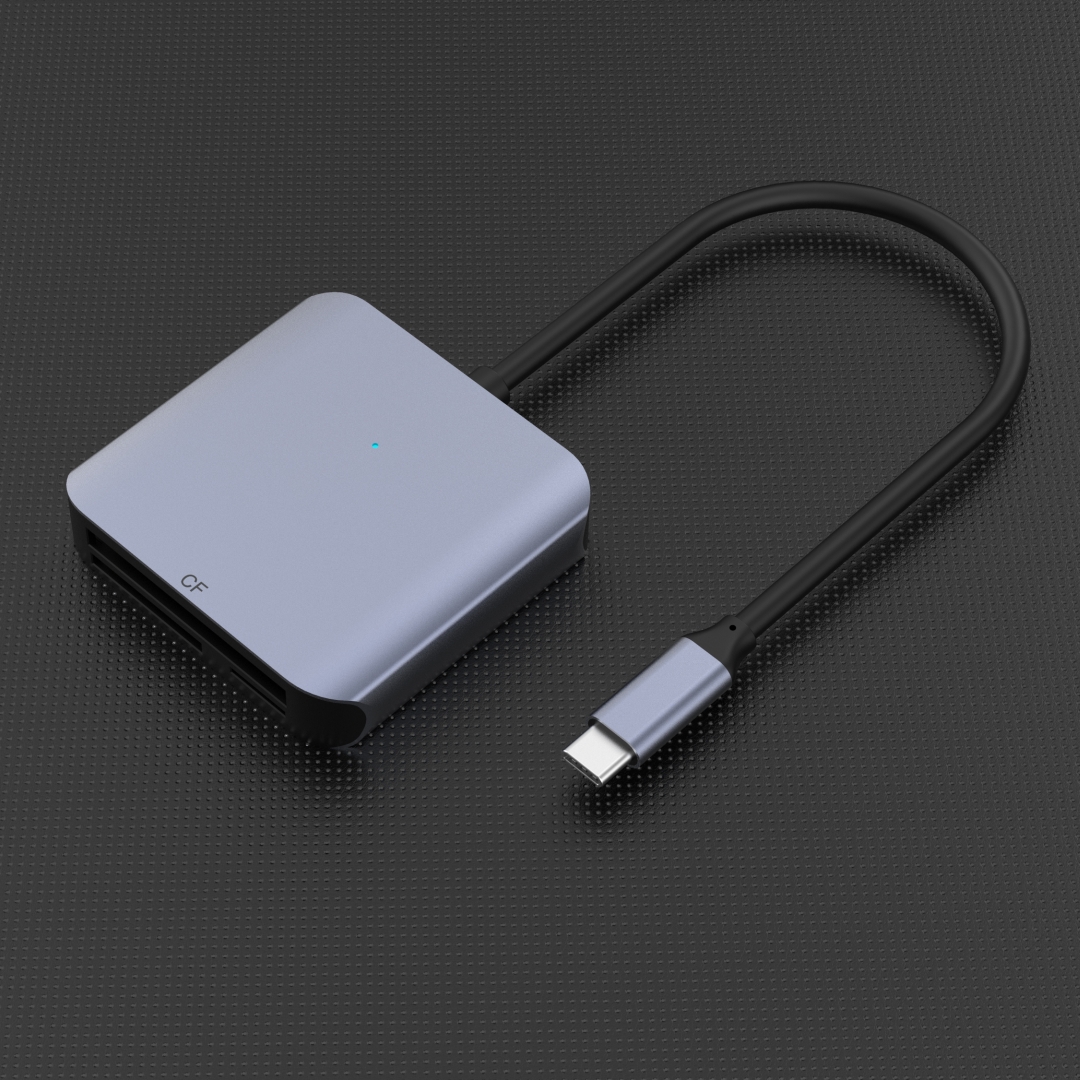The Essential Guide to Selecting a Suitable USB Hub

The market is filled with a wide range of USB hubs, each with its own unique features and specifications. It can be overwhelming to choose the right one that perfectly meets your requirements. In this article, we will analyze the key factors to consider when selecting a suitable USB hub.
1. Number and Type of Ports
The foremost consideration when choosing a USB hub is the number and type of ports it offers. Evaluate your needs and determine the number of devices you intend to connect simultaneously. USB hubs are available with various port configurations, such as USB-A, USB-C, HDMI, and Ethernet ports. Consider your existing devices and future requirements to ensure compatibility.
2. Data Transfer Speeds
The data transfer speed is a crucial factor to consider, especially if you frequently transfer large files or use high-bandwidth devices like external hard drives. USB hubs come with different versions, such as USB 2.0, USB 3.0, USB 3.1, and USB 3.2. USB 3.0 and its subsequent versions offer significantly faster data transfer rates than USB 2.0. Consider the speed requirements of your devices and choose a USB hub that supports the appropriate version.
3. Power Delivery and Charging Capability
If you need to charge devices through your USB hub, look for a model with power delivery (PD) capability. USB hubs with PD can provide sufficient power to charge laptops, tablets, and smartphones. Ensure that the USB hub can deliver the required wattage for efficient charging. Some USB hubs also offer smart charging ports that automatically detect and provide the optimal charging voltage for each device.
In summary, when choosing a USB hub, consider the number and type of ports, data transfer speeds, and power delivery capability. Selecting a suitable USB hub based on these factors will ensure seamless connectivity and efficient performance. Take the time to thoroughly research and compare different models to find the ideal USB hub that perfectly aligns with your needs.



